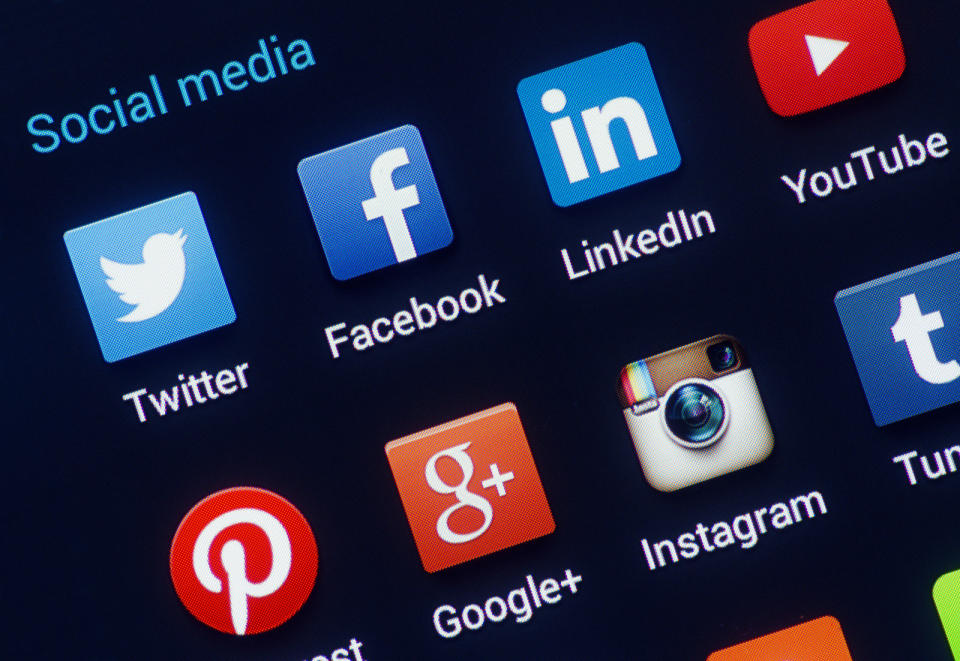Facebook's new AI aims to destroy the language barrier
Convolutional neural networks can translate language up to nine times faster than other architectures.

Is there anything AI can't make better? Artificial intelligence can recognize musical genres better than humans, improve our running performance and may soon become standard issue for the mobile devices in our pockets. Facebook, in fact, has found some stunning results in new research using convolutional neural networks (CNN), a type of artificial intelligence that uses the benefit of parallel processing to complete complex tasks. The social networking company's AI research team revealed research that shows these systems can outperform traditional language translation software by a factor of nine. In addition, the source code and trained systems are available under an open source license, making it easy for other researchers to verify and replicate the gains in their own work.
Language translation has typically been done by recurrent neural networks (RNN), which process language one word at a time in a linear order, either right-to-left or left-to-right, depending on the language. This CNN-based architecture pays attention to words farther along in a sentence to help understand the meaning from context farther along the string of words, much like humans do. While the older RNN method has been typically fine for end users in regards to speed and accuracy, there's a functional limit to the tech, one which the parallel processing model of CNNs can address. This is the first time a CNN has outperformed the more traditional RNN techniques. Facebook hopes to use the new methodology to scale its translation efforts to cover "more of the world's 6,500 languages."
Now that the popular social network has chosen CNN translation processing architecture, it will be interesting to see what comes next. Fast, accurate language translation might make our world feel a little smaller and more connected without the barrier of language in the way. The impact of this new technology will likely be felt globally, especially across the many Facebook-owned apps that help connect us all, like Messenger, WhatsApp and Instagram.

